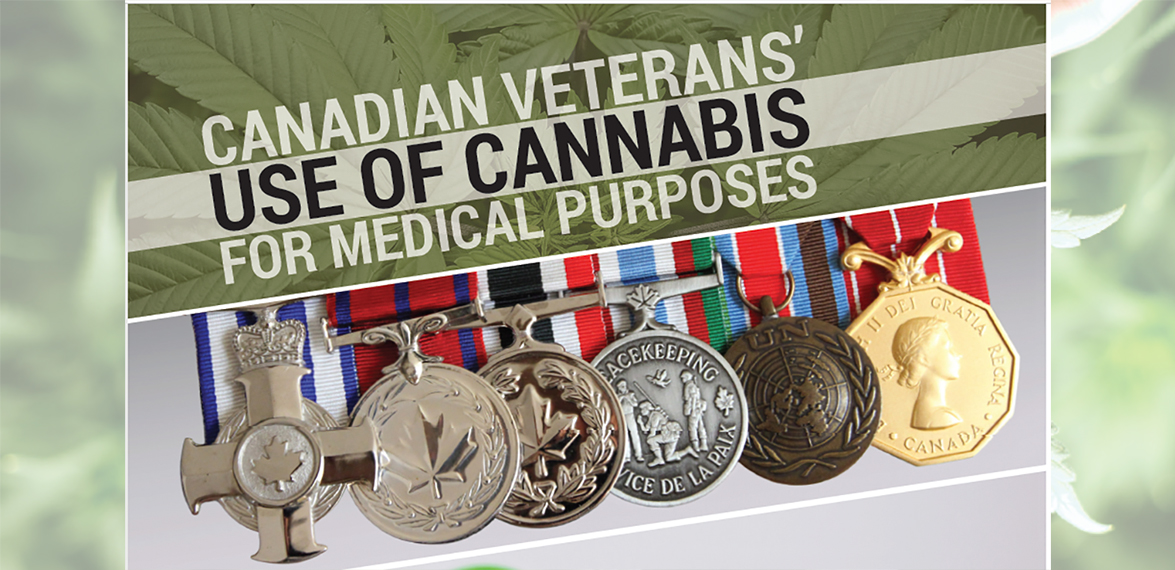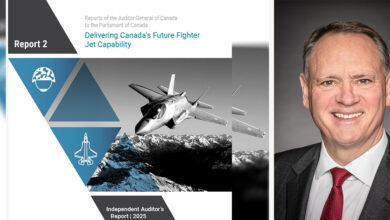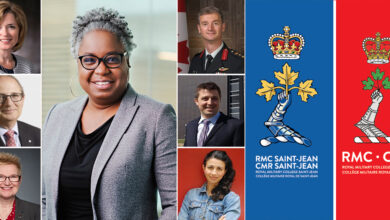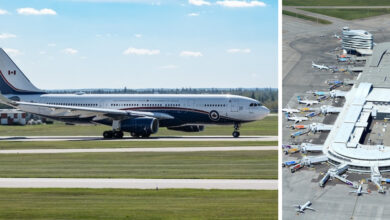Today’s News
More research needed to assess changes to policy governing veterans’ access to medical cannabis
More research is needed to assess changes to the policy governing veterans’ access to medical cannabis, the Senate’s Subcommittee on Veterans Affairs said in a report released Wednesday.
The report noted the Canadian Armed Forces demand a lot from its members with two out of five veterans experiencing chronic pain and one out of five dealing with depression, while almost as many live with post-traumatic stress disorder.
Although medical research on the therapeutic value of cannabis is still in its infancy, the subcommittee heard that use of cannabis has had beneficial effects for many veterans and that the number of veterans using opioids dropped significantly as medical cannabis prescriptions rose.
“While there is still much to learn about the effects of cannabis on human health, anecdotal evidence suggests it has helped some of our veterans through difficult times. More research is needed so the government can put in place a responsible, evidence-based policy that meets the needs of every veteran,” Senator Jean-Guy Dagenais
In 2016, Veterans Affairs enacted a new policy reducing the amount of medical cannabis eligible for reimbursement to three grams a day from 10 grams. It also capped the reimbursement rate at $8.50 per gram.
This came about after the Office of the Auditor General of Canada recommended that Veterans Affairs try to contain costs for the medical cannabis program, which had climbed from $400,000 in 2013-2014 to over $12.1 million in 2015.
In 2016-2017, Veterans Affairs spent $64 million on medical cannabis reimbursements — 5.7 million grams for 4,474 clients.
After the new policy was implemented, spending dropped to $51 million in 2017-2018 — but this paid for 6 million grams of cannabis for 7,298 clients.
One psychiatrist told the subcommittee that patients who had been stable became symptomatic again after the three-gram limit was imposed, though other witnesses said the limit is appropriate.
With regard to the reimbursement cap, witnesses noted that cannabis oils, which allow for more exact dosage, are priced above $8.50 per gram, and that potent strains for relief of severe and chronic pain are also more expensive.
The subcommittee made five recommendations, including that Veterans Affairs periodically examine the $8.50-per-gram reimbursement rate.
“There are positive indications that medical cannabis may be an effective substitute for opioids, which are far more dangerous and addictive. Yet access to appropriate quantities of medical cannabis may cost more than some veterans can afford. Our veterans deserve better,” said Senator Mobina S.B. Jaffer, former deputy chair of the subcommittee on Veterans Affairs.
The subcommittee also recommends that the federal government make significant investments in research on the use of medical cannabis and on its potential effect on veterans’ consumption of prescription pharmaceuticals so as to better inform Veterans Affairs policies regarding medical cannabis.
Recommendations
RECOMMENDATION 1:
That Veterans Affairs Canada improve its consultation mechanisms and use them more regularly to ensure greater and more transparent consultation of veterans and the professionals who work with them at all key stages of the development of new policies that affect them and to ensure that their experiences are genuinely considered in the department’s decision-making.
RECOMMENDATION 2:
That Veterans Affairs Canada periodically examine the effects of its maximum reimbursement rate of $8.50 per gram on veterans’ access to the various cannabis products, including by consulting with veterans who use cannabis and experts, to fully understand the barriers this limit may create and their impact on veterans’ health.
RECOMMENDATION 3:
That the Government of Canada quickly make significant investments in research on the use of cannabis for medical purposes, including:
- specific research on veterans’ use of cannabis for medical purposes; and
- examining the potential issues resulting from over usage, and that the gathered data be disseminated to the public and health professionals.
RECOMMENDATION 4:
That Veterans Affairs Canada undertake a detailed review of the potential impacts of medical cannabis use on Canadian veterans’ consumption of prescription pharmaceuticals and that the department publish the findings and an analysis of the net costs of cannabis reimbursements, taking into account the potential savings in reimbursements for other drugs.
RECOMMENDATION 5:
That Veterans Affairs Canada, in collaboration with Health Canada, consider taking measures to ensure the availability of cannabis to veterans who use it for medical purposes.











